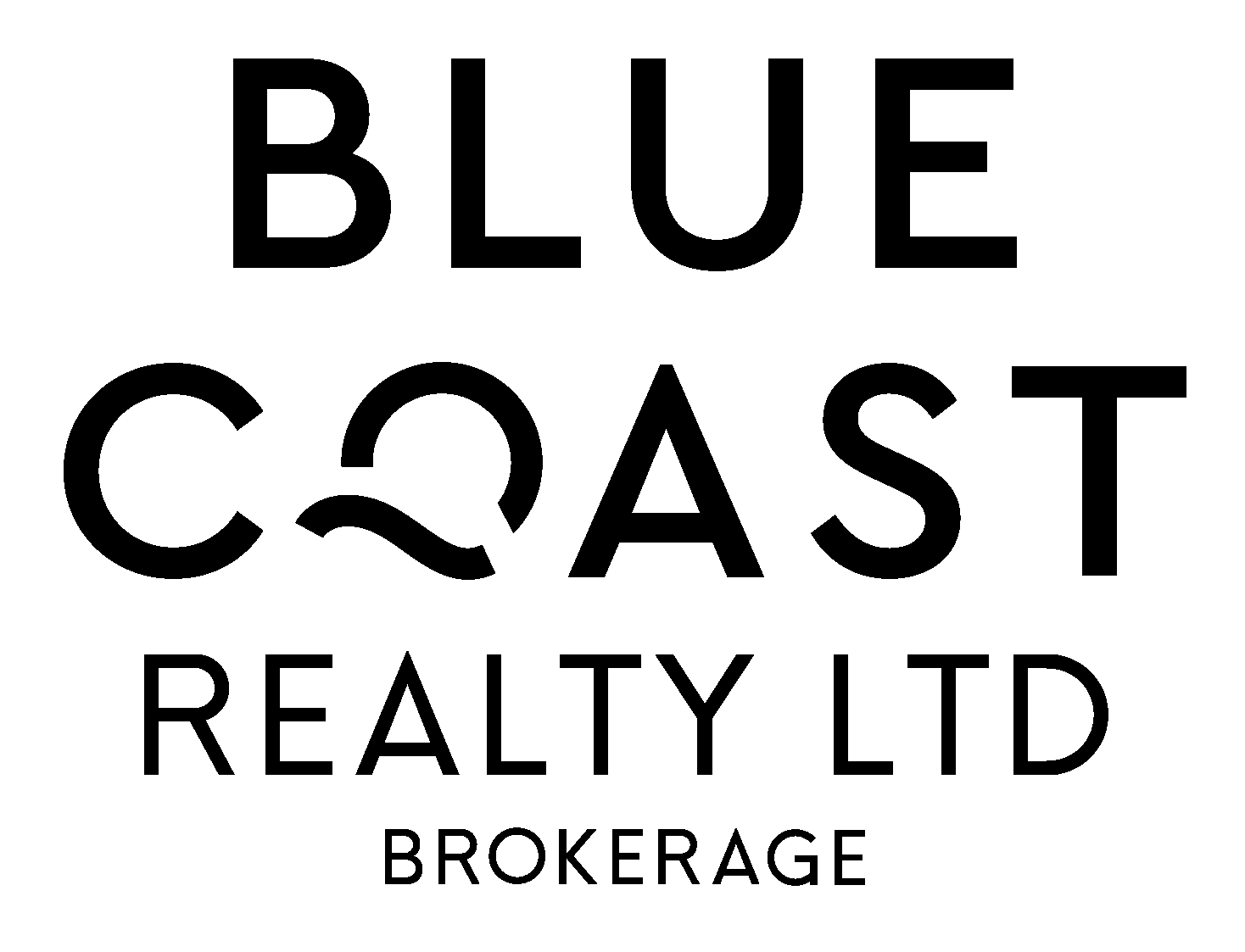
When it comes to buying a home, one of the most important decisions you'll have to make is choosing between a fixed-rate mortgage (FRM) or a variable-rate mortgage (VRM). Understanding the differences between these two types of mortgages can help you make an informed decision that suits your financial situation and goals.
Fixed-Rate Mortgage
In Canada, a fixed-rate mortgage is a popular choice for many homebuyers due to its stable and consistent monthly payments. With an FRM, your interest rate remains fixed for the duration of your loan term, meaning your monthly payment remains the same regardless of fluctuations in the market.
FRM: Predictability
This predictability is advantageous for homeowners who want to budget and plan their expenses without worrying about changes in their mortgage payment. This stability can also help protect you from interest rate hikes, which could cause your monthly payment to increase significantly.
Variable-Rate Mortgage
On the other hand, variable-rate mortgages come with a variable interest rate, which can fluctuate based on market conditions. This means your monthly payments could change throughout your loan term. While VRMs often come with a lower interest rate than FRMs, this can also mean that monthly payments can increase substantially if interest rates rise.
VRM: Unpredictability
The unpredictability of VRMs can make budgeting and planning more challenging. However, they can be advantageous for those who want to take advantage of potentially lower interest rates and are willing to accept the risk of fluctuating monthly payments.
VRM: Example
For example, if you plan on selling your home in the near future, a VRM could offer potential savings without exposing you to significant risk if you're not planning to hold onto the mortgage for the long term. Additionally, if you have the financial flexibility to handle a higher monthly payment if interest rates rise, a VRM could save you money over the life of the loan.
FRM: Example
Conversely, if you're looking for stability and predictability, an FRM may be the better option. This is especially true if you're on a tight budget and need to plan and budget carefully. An FRM provides peace of mind knowing that your monthly payments will remain the same throughout your loan term.
Conclusion
In conclusion, choosing between an FRM and a VRM requires careful consideration of your financial situation, goals, and risk tolerance. While both types of mortgages have their advantages and disadvantages, choosing the one that best suits your needs can help you achieve your dream of owning a home.



